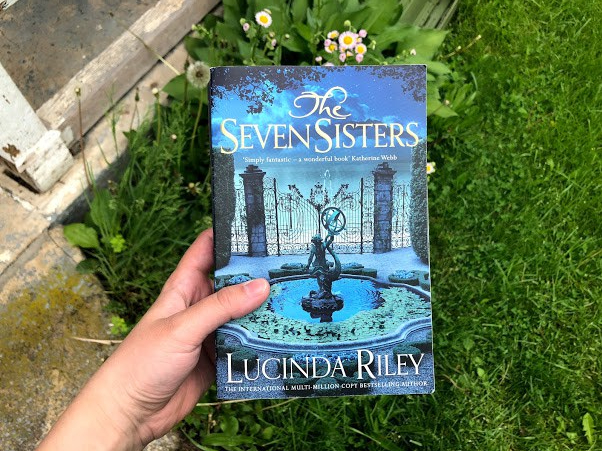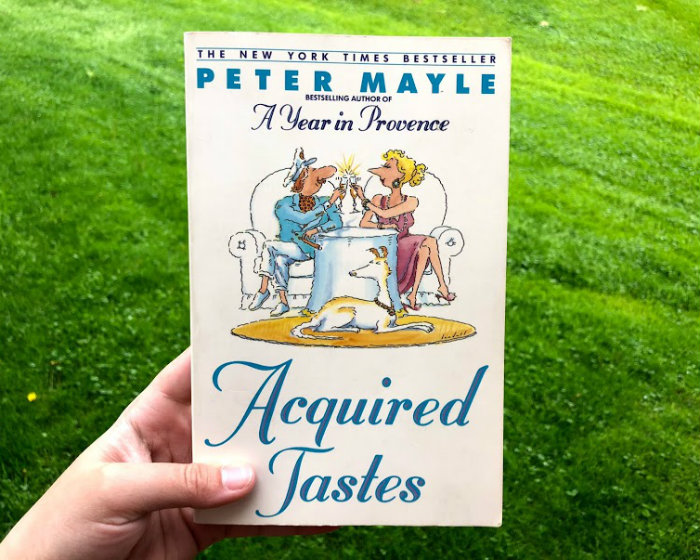
Fawcett, 1984. ISBN 978-0-449-20652-2
Many books can be read in a day, but only a few of them are books worth reading in one sitting. Fewer still are difficult to put down. Tales of the South Pacific is one of those rarities. Everything- the narrator, the setting, to each individual tale, is spellbinding. Michener weaves each individual story together to one cohesive theme, and whisks the readers away to the beautiful, wild South Pacific to languish on ‘the rock’ with soldiers and sailors alike.
I am familiar with the movie-musical South Pacific but I have never read the book. I started reading it outside of the polls on Election Day, and finished it that evening. The whole book flows perfectly, no spot or line drags- no word feels out of place. Even though the narrator darts around the islands, you are carried along on his back, his witty thoughts whispered in your ear and observing the raucous Navy soldiers trying to “hurry up and wait” the War. The musical adaptation does the book justice, and takes everything a step further than the book even attempted.
The singular negative aspect of this book- which, as I am learning, is common to books written in an era before our own- is the racist tropes and stereotypes at play in all of the Pacific Islander characters. This book is peppered with them- all fall under the overarching themes of Yellow Peril. Bloody Mary, who has the most agency of all the Pacific Islanders featured, is still yet reduced to a mixture of Asian Store-Owner and Asian Speekee Engrish. It is important to note that the movie-musical South Pacific shames Joe Cable for his inability to overcome his racist beliefs to remain with Liat- but in the book, he is simply embarrassed for having been with her at all. The mentions of Vanicoro island and its ‘cannibals’ also is a dated racist stereotype.
From here, the book is a detailed description of how the Navy took an island (with plenty more of Yellow Peril stereotypes of the nameless Japanese characters) and then the outset of the Alligator operation. I know very little of the Pacific Theater of World War II, so the fictionalized version was fascinating to me. While there are no analogues to the islands that the author featured in the book, I can only imagine the absolute beauty- and devastating humidity- that the characters endured.
The fact that this book received a Pulitzer Prize is not lost on me. The literary qualities of this book deserve recognition, and with that recognition should come a discussion of the racist stereotypes employed in the characters. I do suggest reading this book- if you are willing to engage with it and its topics. Reading books with difficult themes, subjects, and methods of characterization are important to understand how real people acted and believed in a time before our own.



